Surrender and retreat in the mountains is a drawn-out, pondersome affair. Perhaps that's what makes success so rewarding.
I was sinking in mud up to my shins, clumping my way back down the approach trail, each step heralded by a foul squelch as I pulled my water-logged boots out of the sticky mud. My feet felt like cinder blocks, each boot coated with a mold of muck. It was raining heavily, and what little cover the dense jungle foliage above provided from the downpour was rendered moot by the sopping wet ground, which I had faceplanted into on more than one occasion during my descent.
Nothing was clean. Nothing was dry. Everything was sweat-soaked and slippery and covered in muck. I used a half-rotted branch as a crutch, jamming it into the steep track for purchase as I clambered down. The trail was essentially a stream at this point, water dripped from the massive leaves and fronds hanging above and down into the trail, flowing downward effortlessly as my inefficient bipedal form stumbled and bumbled in its wake, the water washing around my ankles, branches and vines tearing at my arms, legs, and pack.
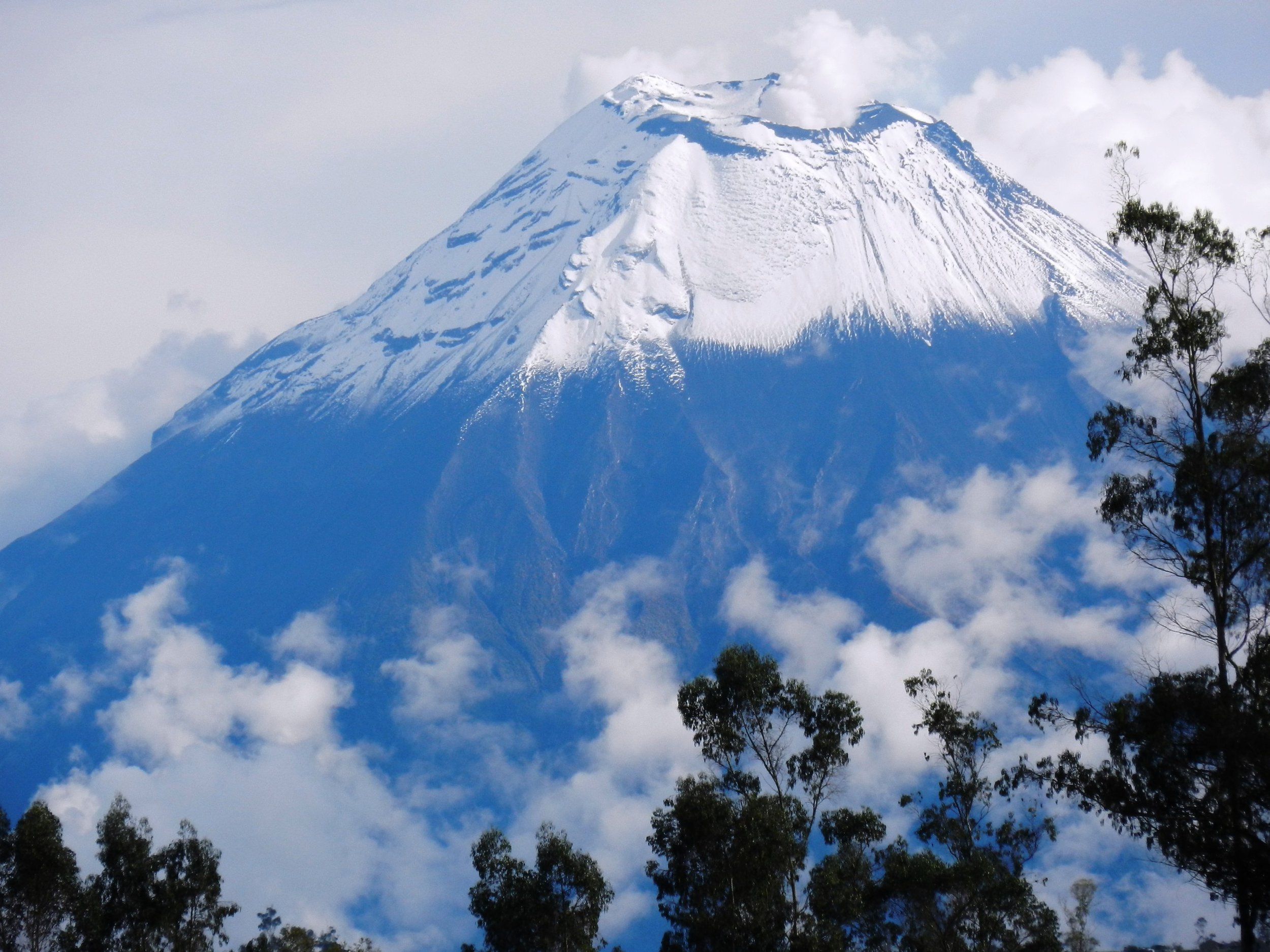
I was descending from the summit of Tungurahua (16,480 feet), alone and unsuccessful.
The mountain had never so much as shown its face.
Even turning back, in the rare clearings and ridgelines that might have given a clear view of the mountain above… I was not rewarded with even a glimpse of my objective. The volcano was completely obscured by thick mist above the treeline.
It wasn’t my first time on this mountain, and it wasn’t my first time retreating in defeat. As frustrating as this descent was, the former experience was far worse. My rope team had taken a 200-foot fall down a steep ice face, nearly rocketing over a cliff band into oblivion. I came away with a few scrapes and frostbite.
But it was the defeat that got under my skin the most, and on a basic trekking peak, one without even a glacier, to boot. This failure simmered in the back of my mind for years.
That’s why I was back, five years later. And again, I’d failed, bashed back by incessant rain and high winds. I made two attempts from the refugio at 12,500 feet, but each time was soaked before I got to 14,000 feet. I spent the better part of two days alone in the wooden hut, shivering in my sleeping bag in the loft, slowly whittling through my food as I waited for a viable window. By the time the rain finally stopped, all my gear was soaked from two misbegotten attempts during the downpour, and my food was completely gone. I was exhausted. I went down.
It was a maddening descent, not simply because of the mud and rain and steep, unyielding track. It was maddening because I had failed. I had failed again, and I was descending again. Getting down took a hell of a lot of effort, and that effort, unlike the effort spent on the ascent, wasn’t being put towards the pursuit of any goal (save the cold beer and warm girlfriend waiting in Baños below).
It was disheartening. Each plod of a mud-coated boot, each banged knee on a tree root or rock, each time I lost my balance and fell to hands and knees in the sludge, sliding a few feet down the mountain… It all hurt with an extra pang.
Defeat isn’t always this drawn out.
When you’re climbing a rock route, surfing a wave, hitting a baseball, shooting a free throw, attempting a skateboard trick, or doing just about any other physical feat…
The process of failure is quick. It’s simple.
You fall off the climb, you lower, and you’re back on the ground in a minute. You wipeout and you paddle back for the next set. You strike out, you return to the dugout with your team and you wait for another go. You miss your free throw, you go for the rebound.
That walk back to the dugout, that paddle back into the next set of waves after wiping out, those failures may with a few seconds of shame and regret. But in the mountains, failure is a ponderous affair. Descending back from a failed summit attempt is a process that takes hours, sometimes even days.
The effort put towards the goal, too, (and thus the effort wasted) is comparatively large. My girlfriend and I are living in Ecuador so I can climb. We flew down here so I could attempt Tungurahua, among other peaks. We paid for an apartment and I paid for a motorcycle. We took off work and drove three hours through furious rainstorms, over heinous mountain roads, and through more than one small landslide, to get from Quito, the capital, to Baños, the town below Tungurahua. We bought lodging in Baños. I paid for gas for the trip. I paid for a lift to the approach trail. I paid for food and other provisions for the climb. I paid to use the refuge hut at 12,500 feet.
The list goes on.
Hiking back down from that peak, pushed off by the rain and wind, it felt like all of that had been for naught.
Sure, I could wax about the “experience” and the comfort of solitude that I felt, wrapped up in my sleeping bag at night and playing chess against myself, supping on corn nuts and water.
But those aspects of a climb, while positive, are no substitute for victory. I’m sure few climbers, if any, believe that true victory can exist without completing the planned objective. Sure, it’s a victory to get back safely. It’s a victory to have fun. But these other “victories” are only partial. They’re ephemeral placeholders until you can return and claim the true prize.
Mountaineering isn’t alone in this concept of drawn-out defeat, of course. There are other sports where failure is a lengthy process. Endurance racing, for example, or just about any other long-distance endeavor. I can’t speak from experience, but I can’t imagine that defeat, even in those activities, feels as oppressing or all-consuming, as defeat in the mountains.
When you bail off a mountain, you’re not just emotionally and mentally retreating from your goal, you’re physically descending. You’re physically retreating. You’re going down, not up. You’re returning to Earth, to your lowly, rightful place among all the other mortals.
You’re quitting.
That’s the other thing. There is no try and fail in the mountains. There is no swing and miss. There is no “I put in everything I had, but it just didn’t happen.” Sorry. You didn’t actually put in everything you had, or you would have died up there.
So, failure in the mountains inevitably requires quitting. You either turn back, or you die. There is no in-between.
Now here I was, giving up. Should I have? Should I have tried to push above 14,000 feet, in sub-freezing temperatures with my gear all soaked? It seemed like an obvious answer on paper, but as I plodded down the mountain, I couldn’t help second-guessing myself. Had I pussied out?
Sitting at my desk a month later, I was looking back at two more failures on two more mountains. One, Carihuairazo (16,463 feet), was due to heavy ice on the 5th class summit block. Another, Cayambe, (18,996 feet), was due to significant slab avalanche risk that convinced me to throw in the towel 300 meters from the summit.
On the latter peak, when some other climbers and I were doing an avalanche snow test to see if it was slabbed up (poised to avalanche), I started feeling some real fear. We were at 18,000 feet, it was 3:30 am, and the spindrift felt like thumbtacks against my exposed face. We tested the snow several times over a range of 100 meters or so, and on the third time, we bailed. We probably should’ve bailed immediately, given the heavy fresh snowfall, and the first snow test, but we kept climbing and trying again, hoping it would clear. When we all made the call to turn back, I didn’t feel the same doubts I had on Tungurahua. I just thought, “Oh shit, let’s get down before this slab melts loose at sunrise.”
On Carihuairazo, it was similar. I was alone there, and I made half a dozen attempts on the summit block from all angles, even though it was seriously iced up. I pulled rock loose twice, nearly falling both times, and another time a block of ice the size of a fridge came off the wall, exploding a foot away from me.
On both those peaks, I ddin’t feel the same level of guilt I did on Tungurahua. It was as though I’d come close enough to concrete death or injury to call it a defeat. By stepping across the line in a tangible, visceral way, I’d discovered where the line existed, at least at that given point in my life.
But crossing the line and then taking a step back before it’s too late isn’t a sustainable way to validate failure or defeat.
It’s a way to end up dead.
Like most things in my life, I keep a spreadsheet for my mountaineering goals. The spreadsheet has an entry for every noteworthy peak I’ve summited in my life, along with the elevation, the range, the country, and the date I reached the summit. There’s a smaller subpage in that sheet, entitled “Notable Failed Attempts” which records all my failures.
Now, there are three new entries in that list. In the past, I’ve wanted that subpage to remain as small as possible. Now I’m not so sure.
Even if I felt slightly better about Cari and Cayambe, managing defeat in the mountains without guilt and doubt isn’t something I’ve been able to do yet. That’s even more humbling because the tiny objectives I attempt are scraps compared to most climbers. I can’t imagine how I’d feel if I’d shelled out thousands on an expedition to the Himalaya or Karakoram.
Part of me hopes that someday I won’t feel this guilt and doubt, whenever I bail on an objective in the mountains.
But sitting at my desk, filing entries in my mountaineering spreadsheet, I did have one realization:
These failures, these times where I was searching for the line (or where I found it, having crossed it and looked back), give just as much meaning (if not more) to a trip to the mountains as does reaching the summit.
The guilt, this doubt that I feel when I quit, it’s evidence that summiting mountains is an activity that means something to me. The emotions that come with failure are evidence that the goal is worth pursuing. Learning to manage those emotions is perhaps as worthy a goal as reaching the summit.
I never really gave a shit when I missed a pass during a lacrosse match or did poorly during a swim meet, at least not beyond that present moment.
But defeat in the mountains… It sticks with me. It’s long. It’s emotionally draining. It’s tough to deal with.
It means something. Victory, then, does too.


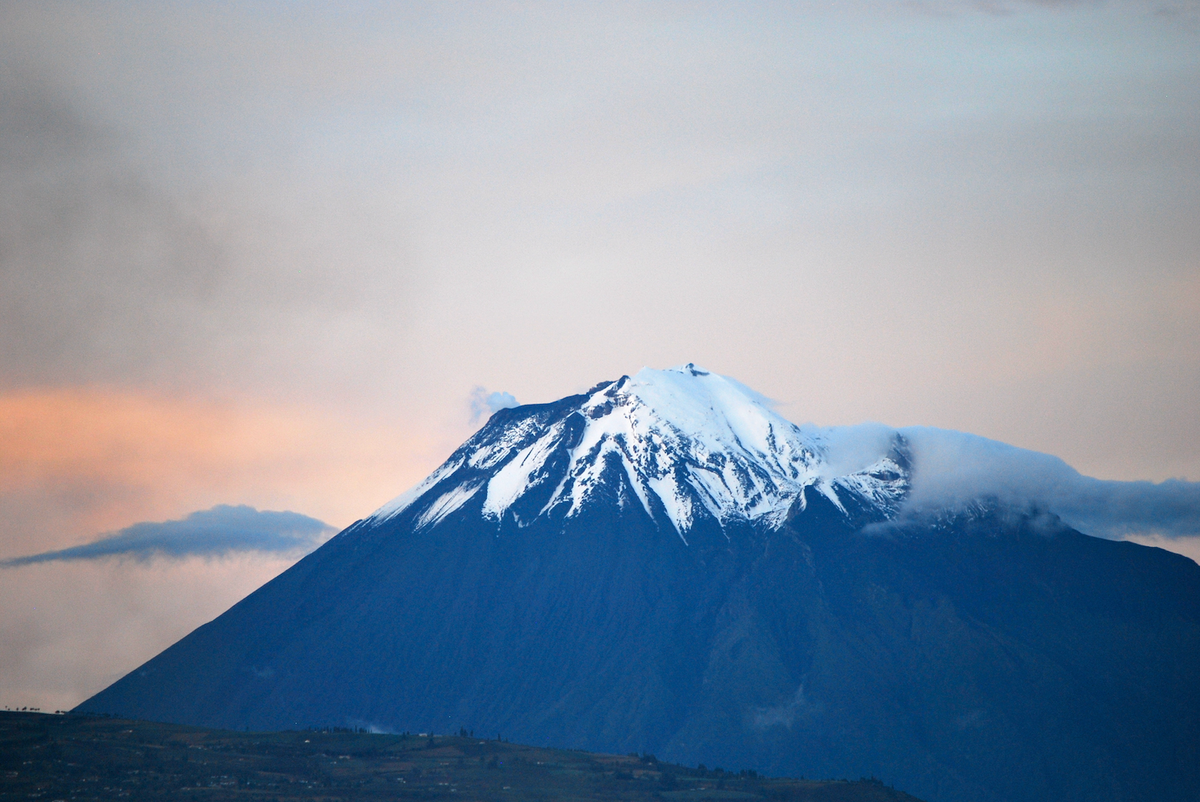
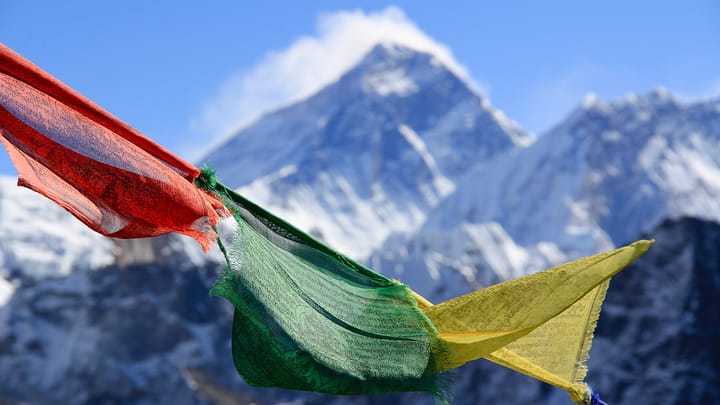
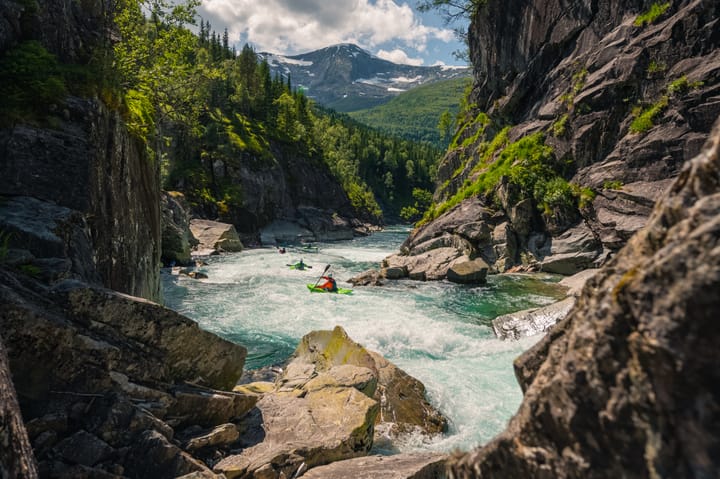
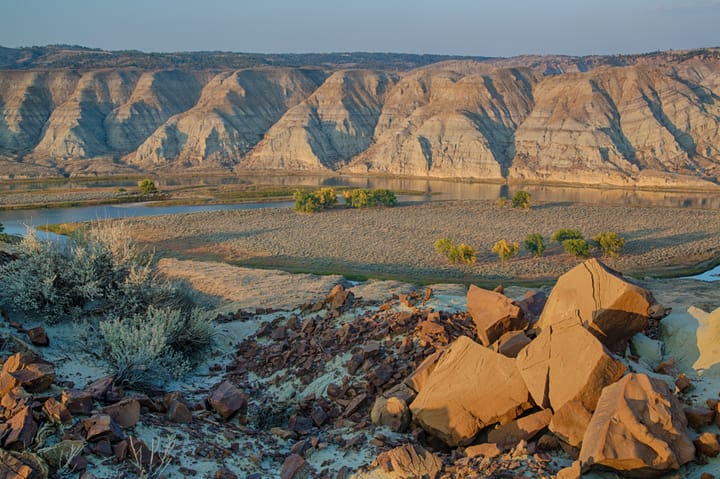
Comments ()